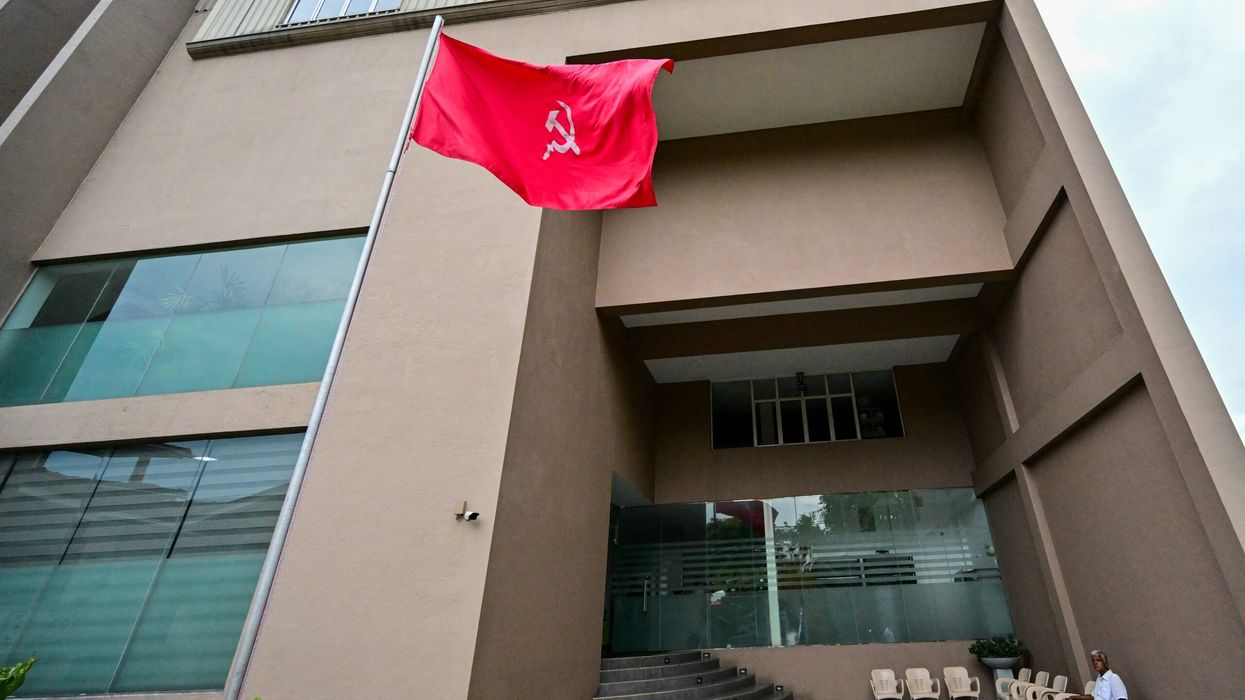Sri Lankan president Anura Kumara Dissanayake expressed gratitude to voters on Friday after his leftist coalition secured a decisive victory in snap parliamentary elections. The results reflected a rejection of establishment parties widely blamed for the country’s economic crisis.
Dissanayake, who identifies as a Marxist, had won the September presidential election on a platform focused on fighting corruption and recovering stolen assets. This came two years after Sri Lanka faced a severe financial crisis that caused widespread hardships.
His decision to call immediate parliamentary elections was validated on Friday, with his National People's Power (NPP) coalition winning at least 159 seats in the 225-member assembly, securing a two-thirds majority.
"Thank you to all who voted for a renaissance," Dissanayake said in a brief statement posted on X.
The coalition received 61.5 per cent of the vote, significantly ahead of opposition leader Sajith Premadasa’s party, which managed just 17.6 per cent.
"People voted to get rid of corruption and a corrupt system," said Chanaka Rajapaksha, an IT professional who supported the NPP, speaking to AFP.
In a significant shift, the NPP won the most votes in the northern district of Jaffna, a region traditionally dominated by the Tamil minority, for the first time since Sri Lanka's independence in 1948.
The voter turnout was estimated at under 70 per cent, lower than the 80 per cent recorded during the presidential election.
'Governed by thieves':
Dissanayake, a 55-year-old former agriculture minister, has been an MP for nearly 25 years. Before the recent elections, his NPP coalition held only three seats in parliament.
He rose to the presidency by distancing himself from previous leaders associated with Sri Lanka’s 2022 economic crisis, the worst in its history as an independent nation. The crisis led to severe shortages of food, fuel, and medicines, sparking public protests that culminated in the resignation of then-president Gotabaya Rajapaksa.
Dissanayake’s promises to transform a "corrupt" political system resonated with many Sri Lankans facing economic hardships due to austerity measures and tax hikes.
"Very happy about this victory," voter Nilusha Nilmini told AFP. "All this time, the country was governed by thieves, robbers, and corrupt people. I am very happy that the crooks are out and a clean government has been established."
The NPP’s main constituent, the JVP party, has a controversial history, having led two insurrections in 1971 and 1987 that resulted in thousands of deaths. However, Dissanayake’s election to the presidency was described as one of the most peaceful in the country’s history.
Investor confidence:
Portraits of Karl Marx, Vladimir Lenin, Friedrich Engels, and Fidel Castro hang in Dissanayake’s office, reflecting his ideological roots. However, he has recently softened some policies, expressing support for an open economy and partial privatisation.
During his campaign, Dissanayake pledged to renegotiate a £2.28 billion International Monetary Fund (IMF) bailout secured by his predecessor. Since taking office, he has opted to maintain the existing agreement.
Sri Lanka’s private sector, represented by the Ceylon Chamber of Commerce, has offered cautious support for his programme. Meanwhile, the country’s stock market has gained over 16 per cent in the weeks following his presidential victory.
Observers noted that Thursday’s election saw less enthusiasm and violence compared to previous polls. The outgoing parliament was dominated by the Rajapaksa family’s party, but neither Mahinda Rajapaksa nor his brother Gotabaya contested this election. However, Mahinda’s son Namal sought re-election.
(With inputs from AFP)




